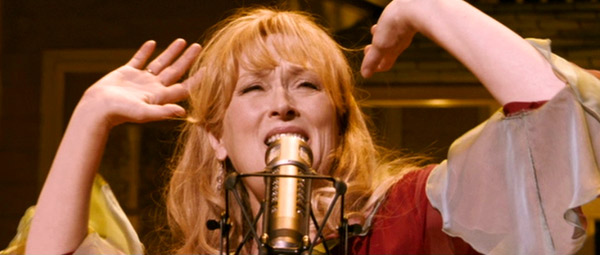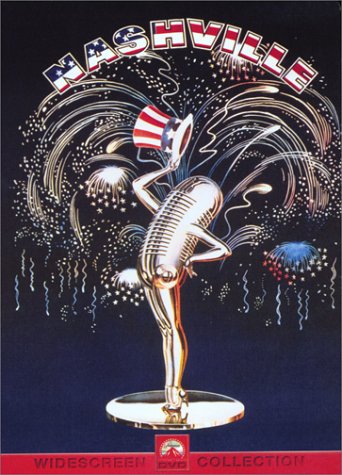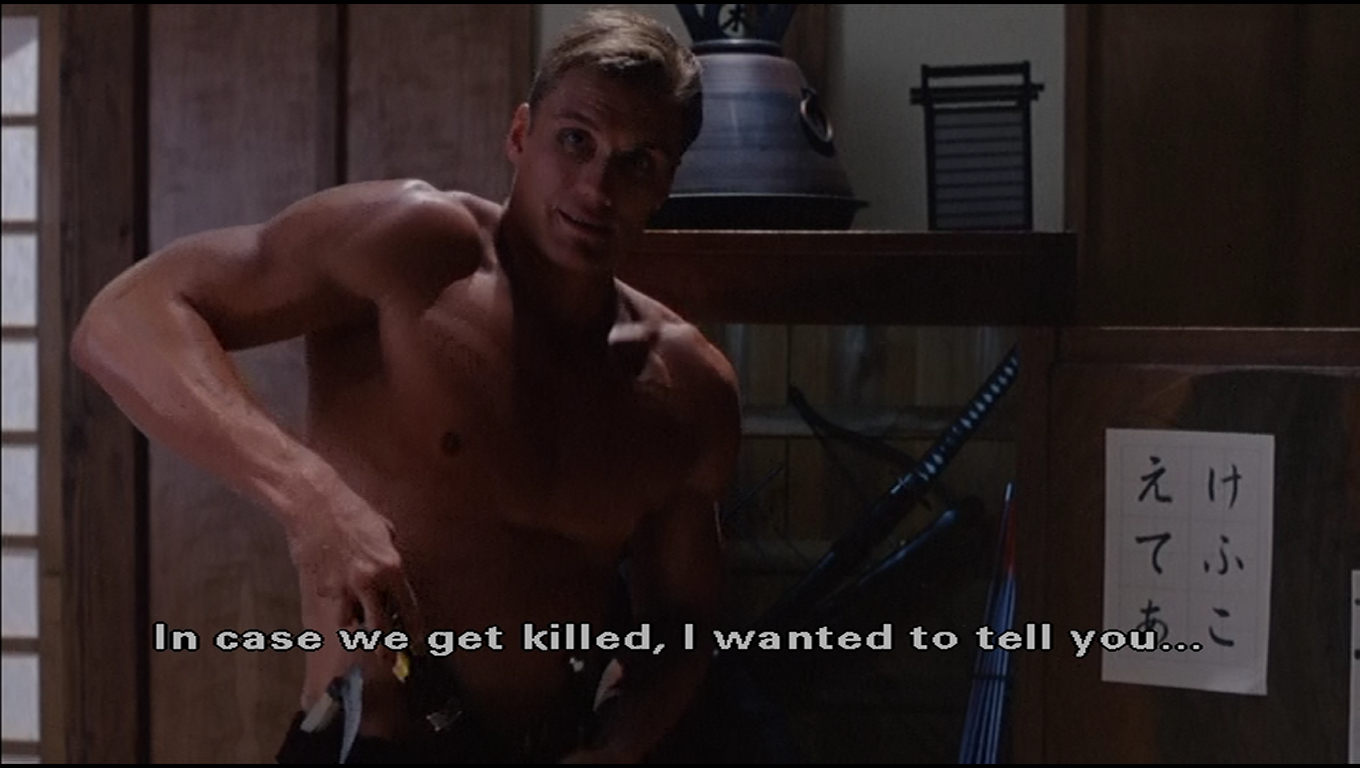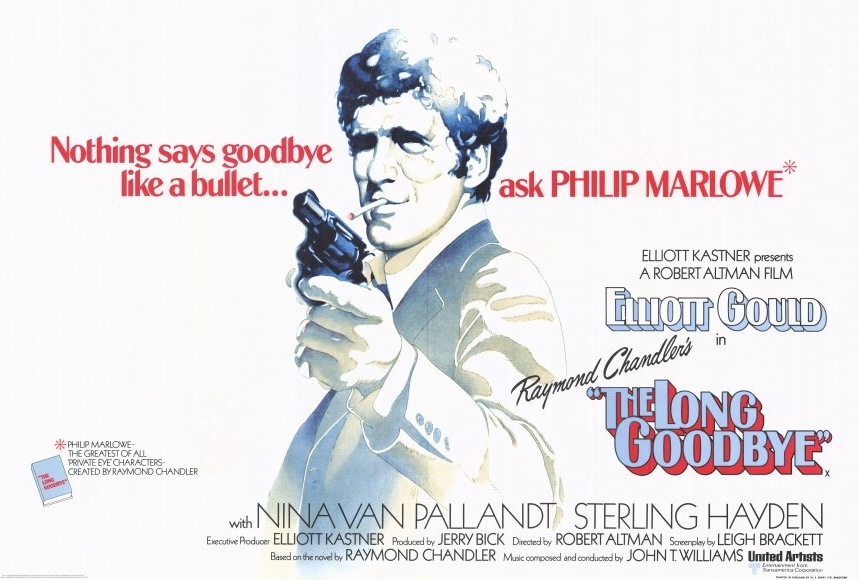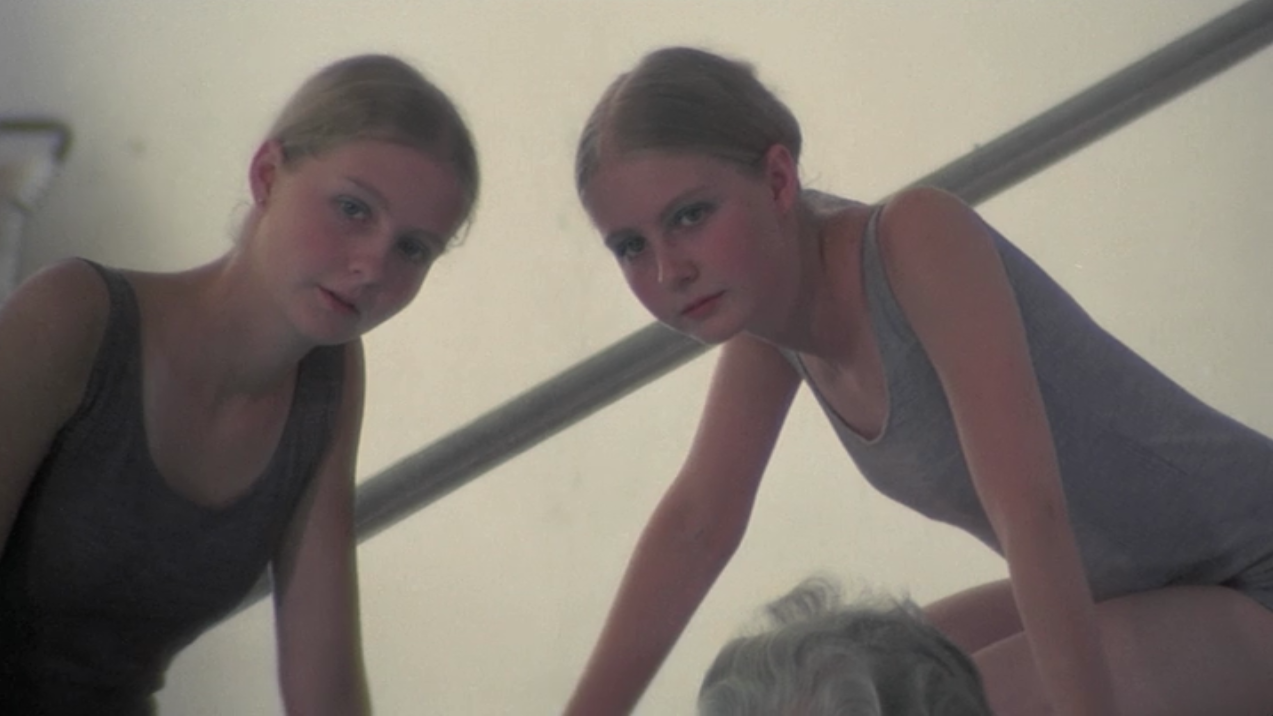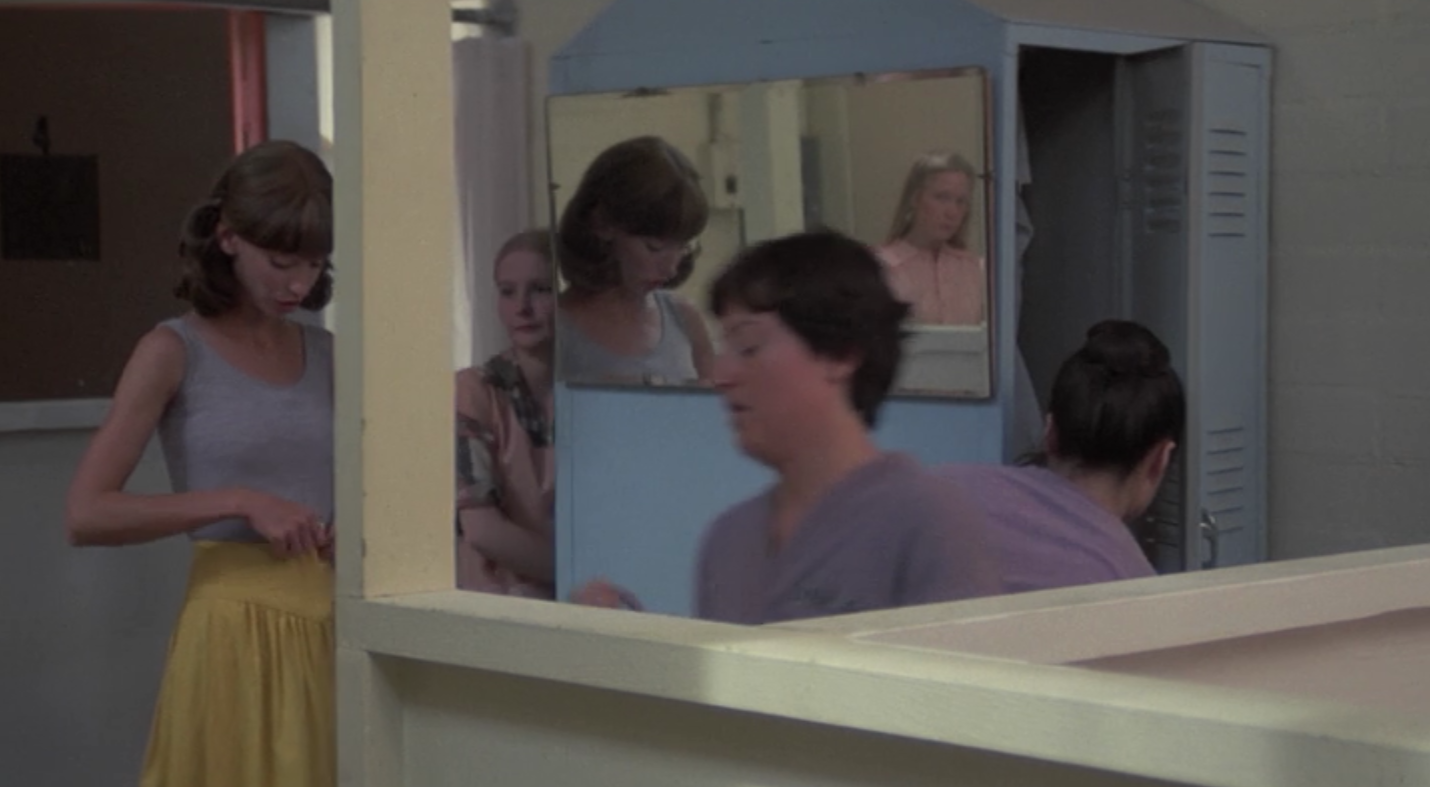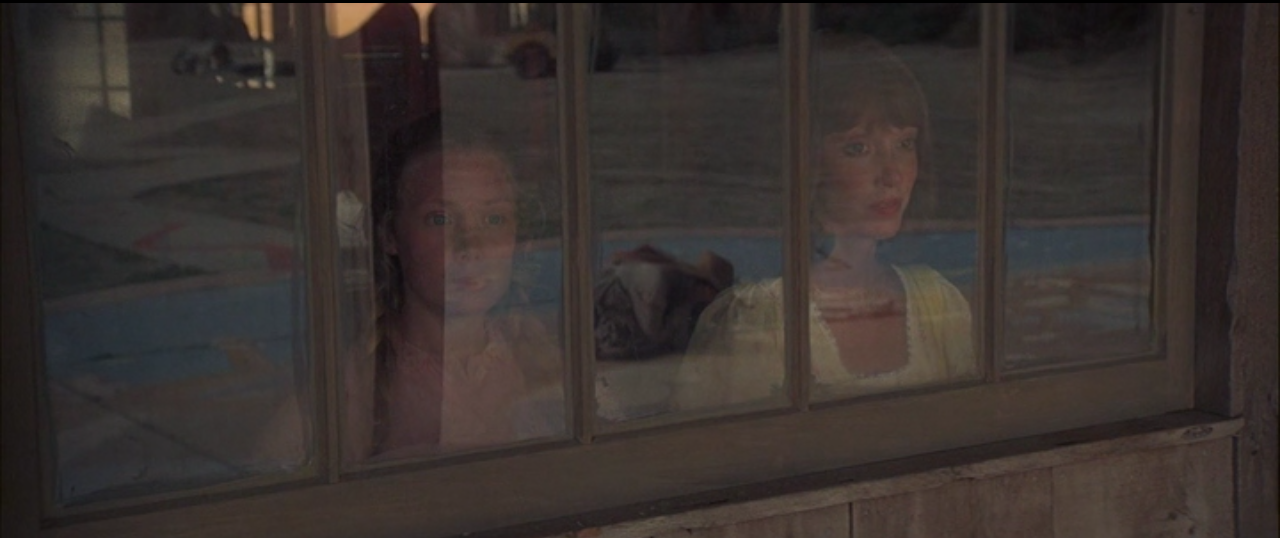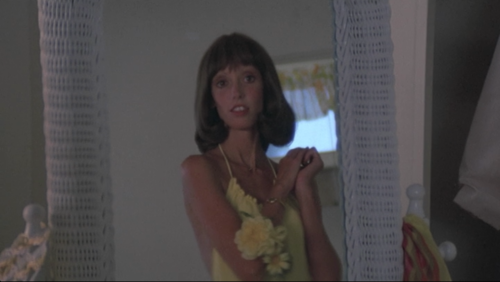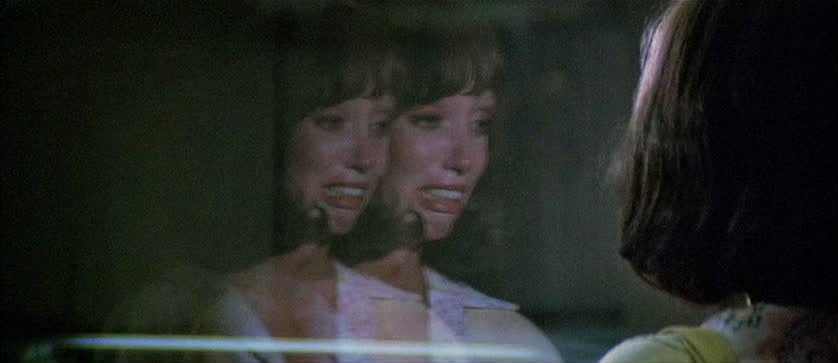Here's Andrew with one more Lily Tomlin tribute. Yes, yes, we got a little carried away for her 75th what with polls and memorabilia and now this. But that's because there's just so much to love and there's one exciting brand new project on the horizon - Nathaniel R
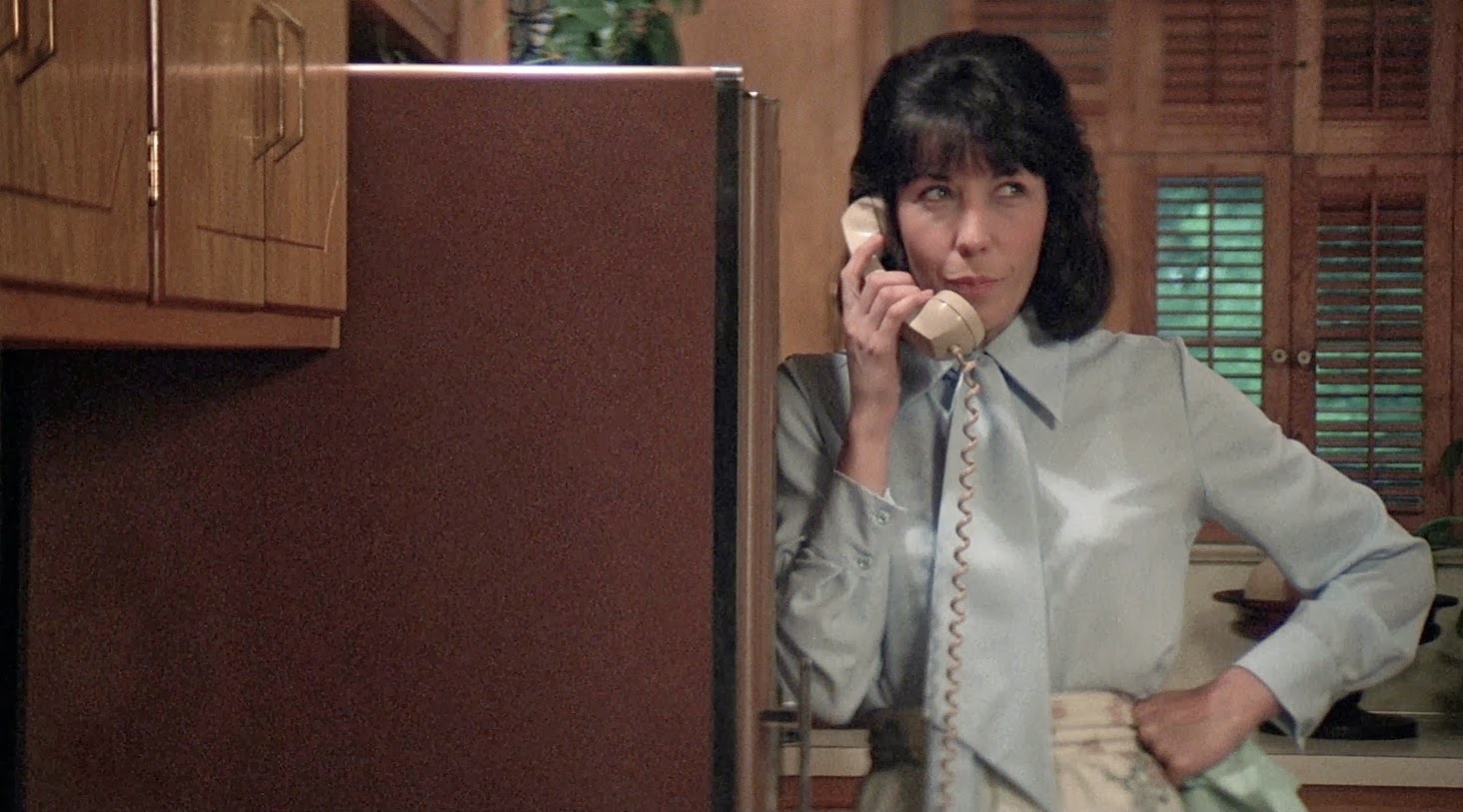
We can't let the celebration of Lily Tomlin pass without devoting just a few words to her excellent performance Nashville. Or, part of it. There are too many great things to say about Tomlin’s performance but let's zero in on a brief, but essential moment of Linnea Reese’s journey that’s always stuck. It's probably the first moment you think of when you hear the words Nashville and Lily Tomlin… the "I’m Easy” scene.
Nashville is many things, and a musical is one of them. Its Oscar-winning number “I’m Easy” arrives over two hours into the movie. From Carradine’s soft crooning, to the excellent lyrics, to Altman’s brilliant direction – it’s a great, tender moment of irony for the film. The rascal Tom Frank (Keith Carradine) dedicates this number to “someone special” in the audience and sings about how fragile his heart is, when it’s anything but. In performance the actual song becomes secondary to the reactions it evokes. There are three other women watching, in addition to Linnea, who are certain the song is about them, or hope that it could be.

But even as all the actors are making this scene work it’s Tomlin’s Linnea that is most profound. It is her scene. I saw Nashville for the first time a few years ago and Linnea seemed so contradictory with the image that Lily Tomlin had always evoked, not because it's a dramatic role but because the essence of the performance is its stillness. That's not something easy to play, and often comes off as underacting. Not for Lily in this film, though, and especially not in this scene.
In a recurring shot Linnea sits somewhere near the edge of the frame looking desolate, surrounded by the rest of the audience. It's a wonder how just watching her reaction evokes such strong feelings. She may not be the only woman responding to Tom's "I'm Easy" lies, but even as she remains still there’s an electricity to her. Altman wisely let's the camera be drawn to her.
This gospel singer and mother of two deaf children doesn’t utter a single word and yet when the final note is sung we’ve learned so much. Just look at that face! Every longing desire, every hope, every secret lustful thought climaxes here. That she and Tom will come together some time after is inevitable. It’s a brief bit in the gargantuan excellence that is Nashville's 160 minutes and but a drop in the greatness of the enduring Lily Tomlin, but essential nonetheless.
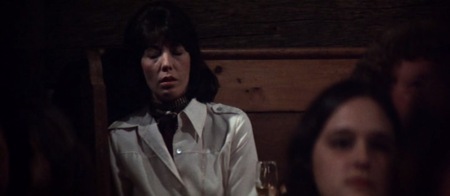
previous Lily enthusiasms
Rose vs Sadie Big Business
Memoirs of an Usherette Lily's history of loving the movies
Jane & Lily reunited for Netflix
 Thursday, June 9, 2016 at 12:13PM
Thursday, June 9, 2016 at 12:13PM 